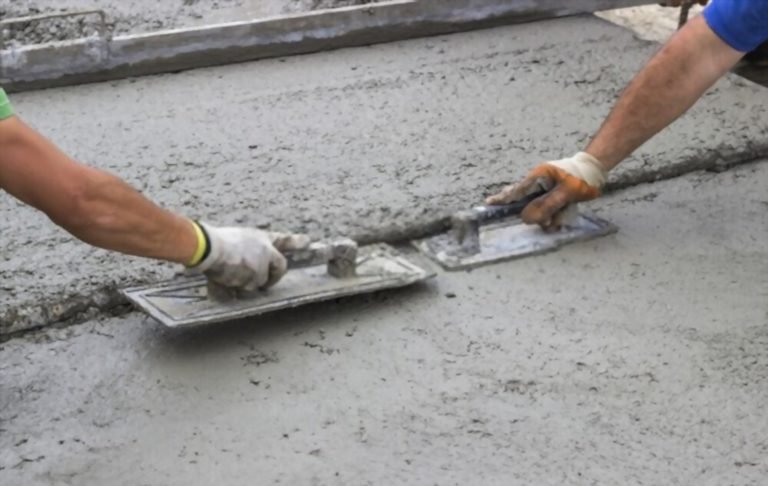If you’re a non-resident interested in investing in Dubai’s booming real estate market, you’re in good company. With its luxurious properties, tax-free environment, and vibrant lifestyle, Dubai has become a hotspot for international investors. However, securing a Dubai mortgage for non-residents can be complex. This blog will guide you through the process, highlighting key considerations and steps to make your investment journey smoother.
Why Invest in Dubai Real Estate?
Dubai’s real estate sector offers numerous advantages for non-resident investors:
- Tax-Free Gains: There are no property taxes in Dubai, meaning your investment returns can be maximized.
- Strong Rental Yields: Many neighborhoods in Dubai offer attractive rental yields, making it a profitable market for landlords.
- Cultural Melting Pot: With its cosmopolitan environment, Dubai attracts residents from around the world, enhancing property demand.
Understanding the Mortgage Process for Non-Residents
1. Eligibility Criteria
Non-residents can apply for mortgages in Dubai, but you’ll need to meet certain requirements:
- Income Verification: Provide documentation such as salary slips, bank statements, or tax returns from your home country.
- Identification: A valid passport and possibly your visa will be needed for the application.
- Credit History: Lenders often request a credit report from your home country to assess your financial background.
2. Loan-to-Value (LTV) Ratios
Most lenders in Dubai offer a maximum LTV ratio of 75% for non-residents. This means you’ll need to make a down payment of at least 25% of the property’s value. Different banks may have specific terms, so it’s essential to explore multiple options.
3. Interest Rates and Mortgage Terms
Interest rates can vary significantly among lenders. As a non-resident, you may have access to both fixed and variable rate mortgages. Terms typically range from 15 to 25 years. Compare offers to find the best rates and terms that fit your financial situation.
4. Additional Costs to Factor In
Beyond the mortgage itself, consider these additional costs when budgeting for your property investment:
- Registration Fees: Approximately 4% of the property value, payable to the Dubai Land Department.
- Agency Fees: If using a real estate agent, expect to pay around 2% of the purchase price.
- Maintenance Fees: Properties within communities may incur annual maintenance fees.
Step-by-Step Guide to Securing a Mortgage
Step 1: Research Potential Lenders
Begin by researching banks and financial institutions that cater to non-residents. Popular choices include Emirates NBD, Dubai Islamic Bank, and Abu Dhabi Commercial Bank. Compare their mortgage products, interest rates, and customer feedback.
Step 2: Prepare Your Documentation
Compile the necessary documents to support your mortgage application, including:
- Proof of income (salary slips, tax returns)
- A copy of your passport and residency visa
- Any additional documents requested by your chosen lender
Step 3: Submit Your Application
With your documentation in order, submit your mortgage application. The lender will review your financial information, conduct a property valuation, and assess your creditworthiness.
Step 4: Review the Mortgage Offer
Upon approval, you’ll receive a mortgage offer. Take the time to read through the terms carefully, ensuring you understand the interest rate, repayment structure, and any fees associated with the mortgage.
Step 5: Finalize Your Purchase
Once you accept the mortgage offer, you can proceed with finalizing the property purchase. This involves signing contracts and paying the necessary registration and transaction fees. Congratulations! You’re now the proud owner of a property in Dubai.
Tips for a Successful Mortgage Experience
- Consult Professionals: Consider engaging a mortgage broker who specializes in working with non-residents. They can help you find the best deals and streamline the process.
- Stay Updated: Keep an eye on market trends and mortgage rates to make informed decisions about your investment.
- Consider Long-Term Goals: Think about whether you want the property for personal use, as a rental investment, or for resale, and plan accordingly.
Conclusion
Investing in Dubai real estate as a non-resident is a viable and attractive opportunity. By understanding the mortgage process and requirements, you can secure a Dubai mortgage for non-residents and take the first step toward property ownership in this exciting city.
With its unique blend of luxury, culture, and opportunity, Dubai is waiting for you. Don’t hesitate to reach out to local experts who can guide you through each stage of your investment journey. Your dream property in Dubai is closer than you think!







